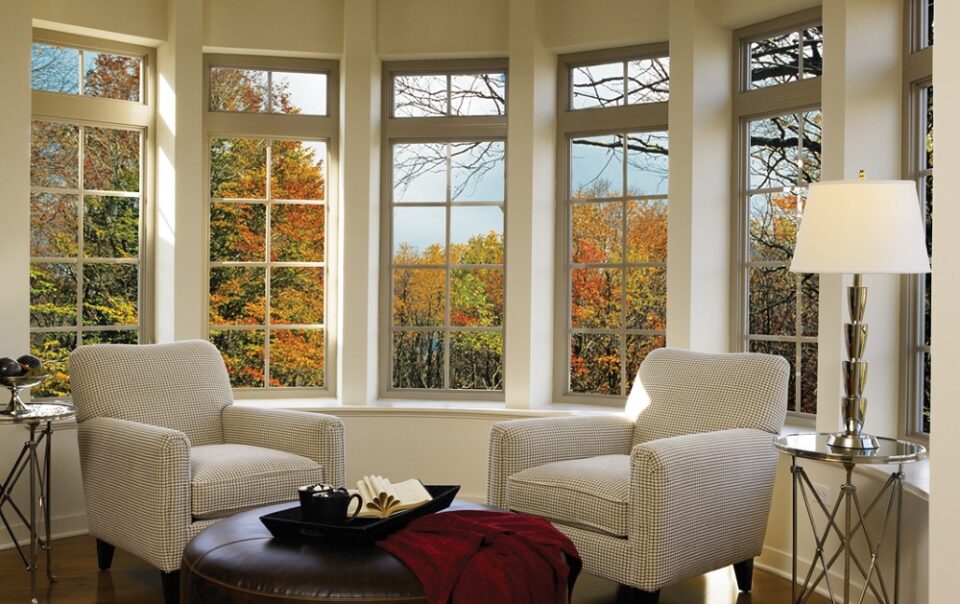Energy-efficient windows have garnered significant attention in recent years. As consumers become more environmentally conscious, the appeal of products that offer cost savings and energy efficiency has increased substantially. Installing energy-efficient windows offers benefits ranging from reduced energy costs to improved home comfort. However, one key factor often emerges when considering such an upgrade: cost-effectiveness. So, how cost-effective is energy-efficient window installation?
This article will discuss the cost-effectiveness of energy-efficient windows installation, the advantages of opting for vinyl windows, and the benefits of considering custom windows for your home.
Cost-effectiveness of Energy-Efficient Windows Installation
When discussing cost-effectiveness, looking beyond the initial installation cost is essential. True cost-effectiveness encompasses the entire lifespan of the product and the value it provides over time.
Upfront Costs vs. Long-Term Savings
Certainly, energy-efficient windows can have a higher initial cost than traditional ones. The precise figure may depend on the window type, size, and specific energy-efficient features. However, energy-efficient windows can contribute significant energy savings over time, eventually recouping the initial investment.
Research shows that replacing single-pane windows with energy-efficient windows can save between $126 to $465 per year, depending on the region and the size of the home. Even replacing double-pane windows with their more energy-efficient counterparts can result in annual savings of $27 to $111.
Home Value Enhancement
Investing in energy-efficient windows also enhances your property’s market value. According to a U.S. Department of Energy, report, energy-efficient upgrades can increase a home’s value by up to $20 for every $1 reduction in annual energy costs.
The Benefits of Choosing Vinyl Windows
When exploring energy-efficient windows, one must recognize the potential of vinyl windows. Apart from being energy efficient, vinyl windows offer many other benefits.
Durability
Vinyl windows are known for their durability. They are resistant to rust, corrosion, and termites, which can extend their lifespan and, in turn, enhance cost-effectiveness.
Maintenance
Vinyl windows require minimal maintenance. Unlike wooden windows, they do not need to be repainted, which saves on maintenance costs over the long term.
Insulation
Vinyl windows provide excellent thermal insulation, which helps to keep the heat out during summer and cold out during winter. This enhanced insulation can help to reduce energy costs.
Custom Windows: A Worthwhile Investment
While off-the-shelf windows may suit some homeowners, others may benefit from the personalized appeal of custom windows.
Personalization
Custom windows allow you to tailor your windows to your home’s aesthetic and functional needs. This customization can enhance your home’s look, feel, and even market value.
Fit and Efficiency
Custom windows are designed and built to fit your home’s precise window openings. This exact fit reduces the likelihood of air leaks, which can improve energy efficiency and help to reduce heating and cooling costs.
Conclusion
The cost-effectiveness of energy-efficient window installation is clear. While the upfront costs may be higher, the long-term energy savings, increased home value, and potential for reduced maintenance costs make it a worthwhile investment.
The appeal of vinyl windows, with their durability, low maintenance, and excellent insulation, further enhances the cost-effectiveness of this upgrade. And for those seeking a personalized touch, custom windows offer the benefits of personalization and improved energy efficiency due to their perfect fit.
In essence, when considering window installation, taking a long-term view can reveal the true cost-effectiveness of energy-efficient vinyl.



